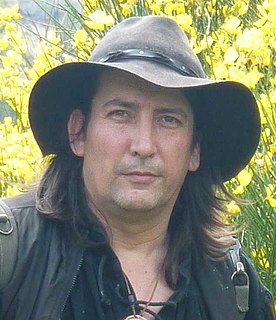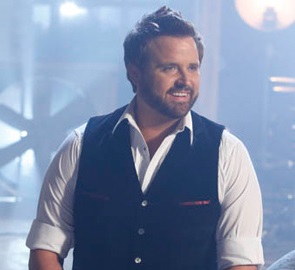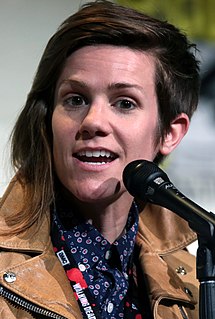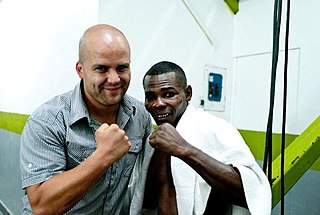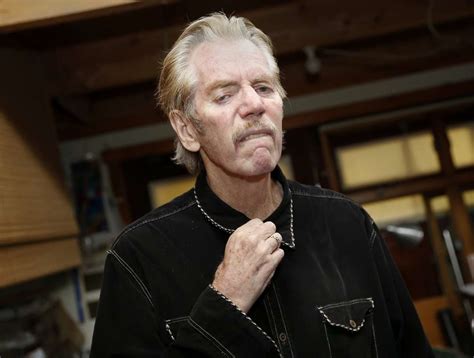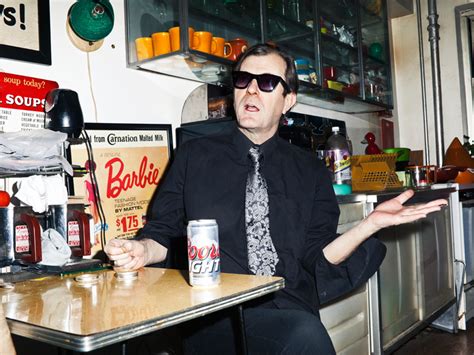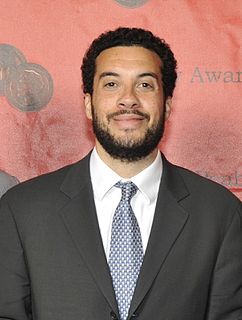A Quote by Richard Stanley
Over the last 20 years, everyone who interviews me feels compelled to ask at least one question about 'The Island of Dr. Moreau.'
Related Quotes
I ask a simple question. Hillary Clinton has been doing this for 30 years. Why the hell didn't you do it over the last 15, 20 years? And you do have experience. I say the one thing you have over me is experience, but it's bad experience, because what you've done has turned out badly. For 30 years you've been a position to help, and if you say that I use steel or I use something else, make it impossible for me to do that. I wouldn't mind. The problem is you talk but you don't get anything done, Hillary.
Here's what I wish people wouldn't ask me: "Who are your influences?" That's a boring question. It's not even like, "What's it like to be a woman in comedy?" That question also happens often in interviews, but I at least understand where it's coming from. "Who are your influences" - I wonder if people ask that of male comics? Maybe they do.
Let's take Southeast Asia. The last 20, 30 years has been what's called the "Asian Miracle" - fast economic growth, industrial society. It's happening all over, with one exception, which one? The Philippines is the one that can't grow, which the US has been running for 100 years. Is there a correlation? Have you read about it? It comes to mind, at least.
And one day we must ask the question, "Why are there forty million poor people in America?" And when you begin to ask that question, you are raising questions about the economic system, about a broader distribution of wealth. When you ask that question, you begin to question the capitalistic economy.
What is there to understand? The significance of life? How long will it take to understand the significance and the meaning of life? 20 years? 30 years? And the same question will be here in another 20 years, I guarantee you. Until you stop asking that question. When that question is not there, you are there. So that's the reason why you keep asking the question: you do not want the question to come to an end. When that comes to an end, there will not be anybody, left there, to find out the meaning, the purpose and the significance of life.
I didn't wake up one day and say, I have to tell O.J.'s Simpson story. But what drew me to it wasn't what people have focused on over the last 20 years - meaning, the question of innocence or guilt, nor the spectacle of the trial. I was more interested in the history that led up to that point in time in 1994, which would help explain what exactly went into making the trial as fascinating as it was.
